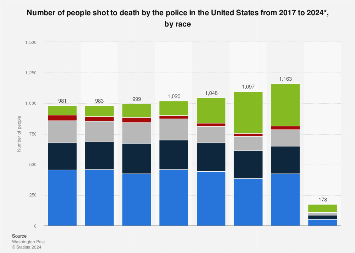First Time Poster
Well-known member
Offline
So I got busy the other day with the intention to revisit this topic and answer some of the responses put forward but I realized the thread was deleted. But, I felt we had good dialogue happening before I left so I wanted to restart the topic to get the conversation going again. We started some dialogue about it on the liberal board but I feel this topic transcends party lines so I'm making a MCB thread. Post #2, or my next post, is the post I made on the liberal board when asked to elaborate how I felt.





